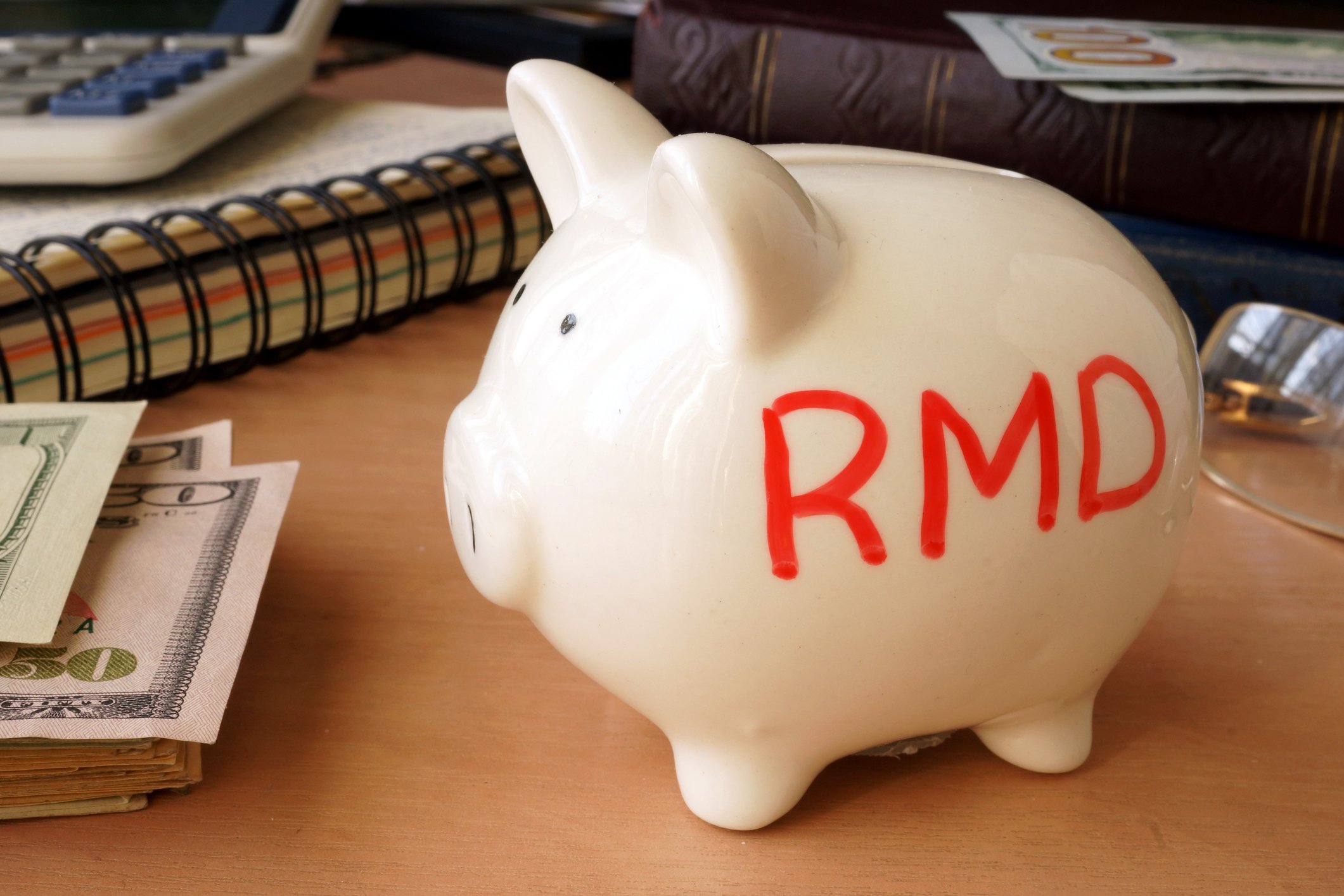My friend's mother retired from her main career years ago, but she has held down a string of different part-time jobs ever since just to stay busy. Thankfully, that work serves as more of a hobby for her than anything else. She's in a great position where she doesn't really need the income because she has nice savings to tap. She also has Social Security to fall back on.
But she recently brought up an interesting point to me. As a Social Security recipient, you'd think she'd get out of paying Social Security tax on her wages from her job, especially since they're pretty minimal. But that's not the case.

Image source: Getty Images.
You don't get out of paying those taxes
You can work and collect Social Security at the same time. Basically, Social Security eligibility begins at 62, and you're entitled to your full monthly benefit based on your personal wage history at full retirement age (FRA). FRA is 66, 67, or somewhere in between, depending on the year you were born.
If you claim Social Security prior to FRA, your monthly benefit will be reduced on a permanent basis. You'll also be subject to an earnings-test limit if you decide to go back to work or continue working. This means that if your job-related income exceeds a certain threshold, you'll have some of your Social Security benefits withheld until FRA arrives. That threshold changes every year.
But regardless of whether you've reached FRA or not, if you're working while collecting Social Security, you're still liable for paying Social Security taxes on your income. The reason is that everyone has to pay Social Security taxes on their wages.
This doesn't mean that all workers pay Social Security tax on their entire earnings. There's a wage cap that's established every year that limits how much income gets taxed for Social Security purposes.
This year, that cap is $168,600. Last year, it was $160,200. So someone earning $368,000 this year won't pay Social Security tax on about $200,000 of income, but someone earning $170,000 this year will pay Social Security tax on almost all of their income. So it goes.
My friend's mom, as you might imagine, earns well below $168,600. Because of that, every dollar she earns is subject to Social Security taxes -- even though she's a recipient of those benefits herself.
It helps to know the rules
Your age doesn't determine whether you're required to pay Social Security taxes on your income. Nor does it matter whether you're getting those monthly benefits or not. If you earn wages, you have to pay into the system up to the wage cap. Period.
If you're someone who works in retirement or at a later age, it may be a frustrating thing to be on Social Security and continue paying into the system. But remember, it's those very taxes that are helping to keep Social Security alive. So the fact that everyone has to pay in really isn't such a bad thing.





